Harbour Master
Harbour Masters
Worldwide there are approximately 3,000 merchant ports and the work of the Harbour Master can vary widely from country to country and from port to port even within the same country.
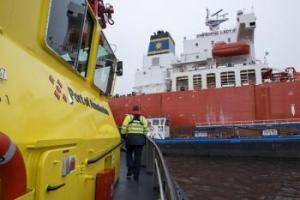
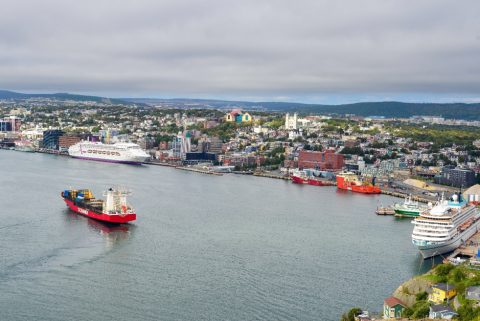
For Melissa Williams, growing up on the island of Newfoundland in Canada, the sea was always prominent. Entering the maritime industry was a logical step and so, in 2002, she enrolled on a Nautical Science programme at the Marine Institute in St. John's. It proved to be the start of a career that would involve a wealth of both theoretical, and practical learning.
Having started her studies, Melissa did not have long to wait to gain some valuable experience on the water, as she explains.
“In the middle of my studies, during my cadet time, I received an offer to stay on board and work on deck. The captain made me promise I would return to my studies afterwards. So, I worked for a year on oil and gas supply vessels before going ashore to complete my studies.”
The experience Melissa gained was to stand her in good stead; on the day she graduated she received an offer for a job offshore. In this role, she continued to learn, combining her work with a distance learning course for a bachelor’s degree in Maritime Studies.
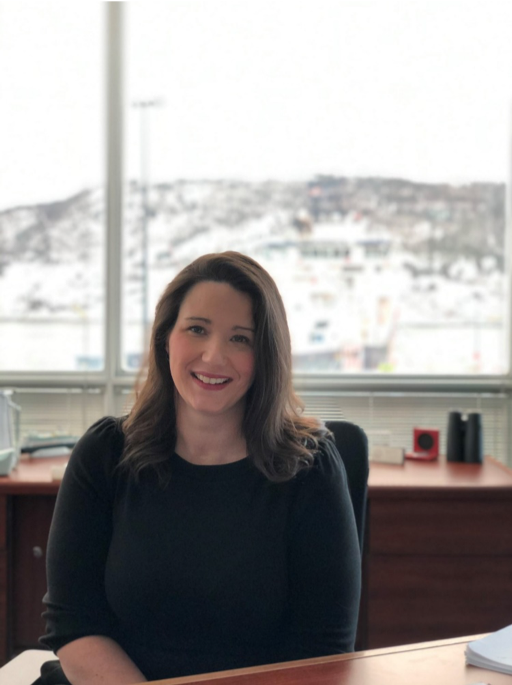
Her work onboard also prepared Melissa for what was to come later in her career.
“I was working with a diverse group of people. It taught me how to navigate different personalities and how to get along with people of very different backgrounds. I learnt when to speak up – and when not to. It laid the groundwork for my career, that's for sure."
The pairing of work with further education was to become a pattern for Melissa. In 2009, she came ashore once more, taking on the role of Marine Operations Assistant at the local port authority. Here, she continued her studies, this time for a master’s degree in Marine Management. Graduating in 2015, she became the Port of St. John’s first female Harbour Master just one year later. She was all set to make a big impact.
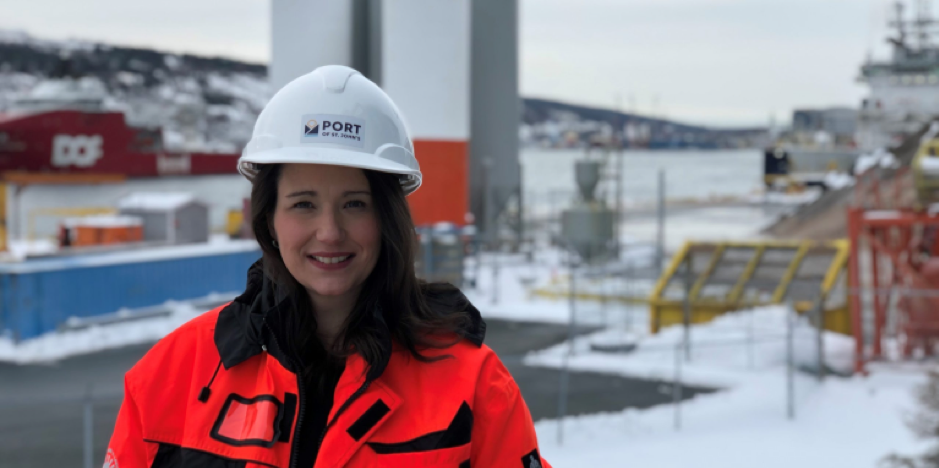
“When I moved into the role, I had projects in mind that I wanted to carry out. I made quite a few changes.”
There are numerous examples of Melissa’s achievements at this time. A few examples include her upgrading the port’s operations and procedures document, which went from a 20-page to a 70-page document.
Melissa also initiated a shore power programme in St. Johns, centralising shore power facilities under the management of the port authority. Such measures proved to be a boost in the port’s safety, efficiency and sustainability, as well as profitability.
A further example was Melissa’s instigation of a training programme for local firefighters.
“We have a fuel terminal and there are tanks in the hills. If we had a fire, the local fire department would respond, but they had no training in shipboard fires. They wouldn’t know that this was the engine room and that was the bridge. They wouldn’t know where they were going and what life-saving equipment was on board.”
Melissa started working with the fire department towards a solution. This led to her reaching out to the local university with the question could they create a programme training firefighters in shipboard firefighting.
Together, Melissa and the fire department approached port operators to make a contribution to the course – it being in everyone’s best interests to boost the fire department’s capabilities in the matter. The fire department also contributed. Ultimately, 36 firefighters undertook the training.
“That was fantastic,” she says. “Together we created, for the first time, a Port Safety Risk Committee here in St. John’s.”
With such a track record, it’s not surprising that Melissa’s efforts have frequently been recognised. She is, for example, a recipient of the Turning the Tide Next Wave Leadership Award. The same year, she also received the Marine Institute alumni award. Additionally, Melissa was awarded the Canadian Forces Award for providing support to the Canadian Navy during exercises.
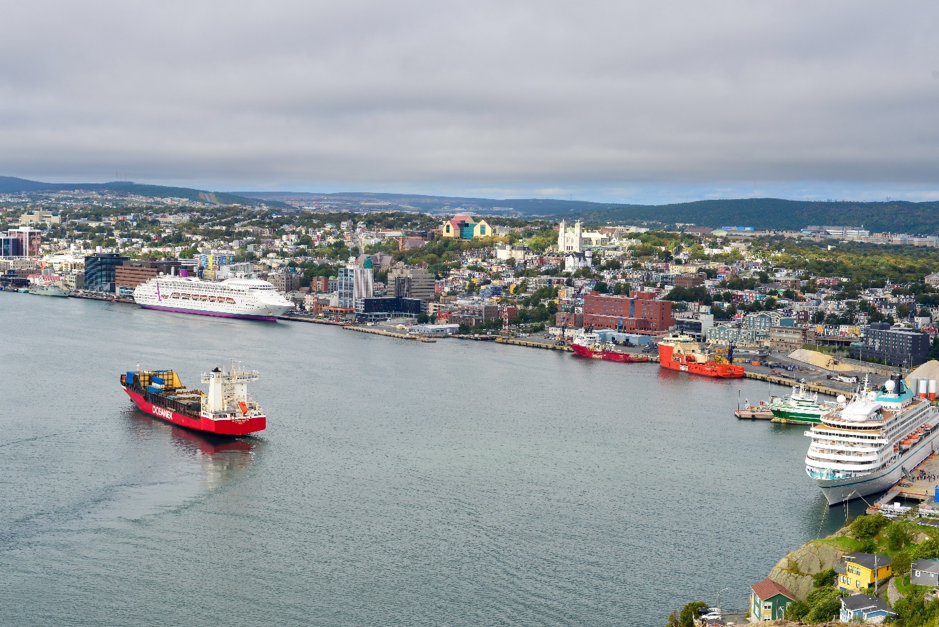
Also recognising Melissa’s work was Yoss Leclerc, former President of the IHMA.
“Yoss had seen some of the work I had done and sought me out. He set up a meeting and asked me to join.”
Somehow, between her work and all the projects she undertakes, Melissa found the time to become an active member of the IHMA.
“I became part of a few working groups, and, after a while, Yoss contacted me again to inform me there was a place on the council. I was hesitant at first, but Yoss convinced me. I applied for the position, went for an interview and was accepted, which was great.”
Melissa has become a firm advocate for the IHMA, stressing the benefits of pooled knowledge and experience that it offers to its members.
“Before I was introduced to the IHMA I hadn’t realised that I had access to all these people who were working in similar roles on the same challenges and having to make the same decisions as me. We can really draw from one another. That’s of great value to me, and to all the people who are a part of the IHMA.”
Founded in 2017, MarineLabs delivers high-resolution, real-time, and historical wind, wave, and weather data, as well as hyper-local 10-day forecasting, from a growing network of cloud-connected, rugged sensor nodes.
The International Harbour Masters Association (IHMA) and the Port of Rotterdam Authority are pleased to announce the 15th International Harbour Masters Association Congress, to be held from 09–12 June 2026 at Theater Zuidplein in Rotterdam.